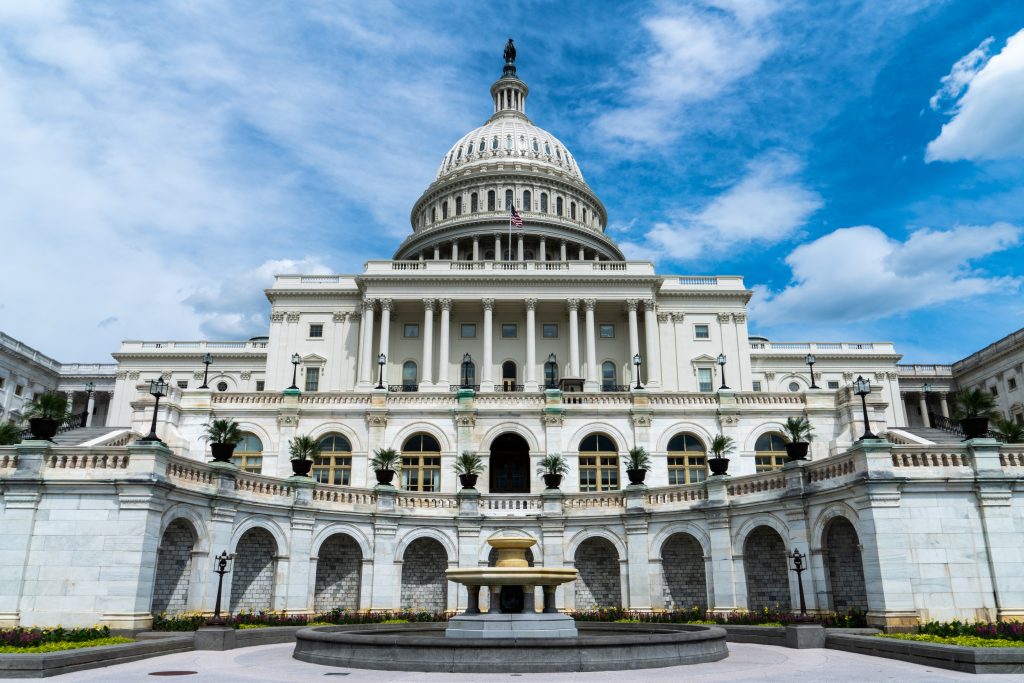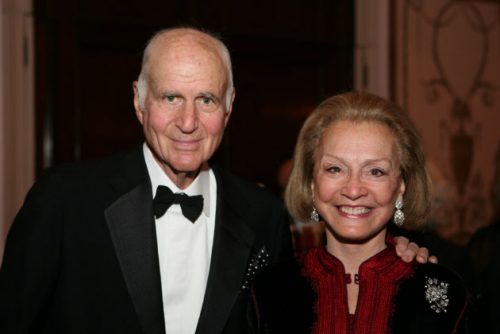Since the passage of the GOP tax bill, nonprofits have been scrambling to find how they figure into the new regulatory landscape.
Ever since the passage late last year of the GOP tax bill, nonprofits have been scrambling to find how they figure into the new regulatory landscape. Trump signed the sweeping Republican bill—officially the Tax Cuts and Jobs Act—just before Christmas; the bill was widely recognized as the “most far-reaching overhaul of the U.S. tax system in decades.” Though many key provisions won’t take effect until next year, a raft of follow-up measure dubbed “Tax Reform 2.0” is expected to appear before Congress in the coming months.
Parts of the tax reform bill were criticized throughout the nonprofit sector. For instance, one of the major changes under the new bill is a significant increase in the standard deduction—from just over $6,000 to $12,000 for single filers. This, combined with the fact that many specific deductions will lose their value under the new law, will have the effect of driving some 27 million itemizers to opt for the standard deduction, according to the Tax Policy Center’s December analysis.
Of course, charities benefit from the incentive to itemize deductions, and the Council on Foundations warns that more than $20 billion in future donations could be lost as a result of the rule change.
Largely in direct response to these developments, a new bill has emerged proposing a solution. Introduced to the House at the end of July, The Everyday Philanthropist Act (H.R. 6616) would allow individual employees a Flexible Giving Account (FGA), sort of like a philanthropic HSA, that allows up to $5,000 of one’s pre-tax earnings to go towards charitable ends.
It’s not too difficult to see some benefits here: The move could potentially save individual filers thousands, depending on their state tax rates, and would give a lot of those former itemizers a reason to donate even if they claim their standard deduction. (You can read draft text of the bill here.)
However, a few questions remain.
Two policy concerns spring to mind, one regarding donors and one regarding beneficiaries. First, since FGAs would be administered and maintained by employers, there are obvious donor privacy issues. As it’s currently drafted, there’s nothing in the bill to ensure the confidentiality of a particular employee’s charitable decision-making. Just how private would an individual employee’s giving really be? Of course, these sorts of protections could be drafted into the bill, but one need not tax the imagination too hard to imagine that especially controversial charities or causes could nevertheless attract the wrong sort of attention, especially in small workplaces with weak HR-infrastructure.
Second, the list of ‘approved’ charities which would be eligible for FGA funds would have to be worked out on the fly and, of course, would be subject to all sorts of partisan wrangling. At a time of unprecedented political division, it’s not inconceivable that such approvals could be withheld for groups working on certain divisive issues.
These concerns force one to ask whether this proposed reform would really provide a free incentive to increased giving.
But more to the point, to the extent that the basic idea of expanding the charitable deduction is sound, it’s very hard to see why the introduction of new charitable apparatuses like FGAs is necessary. Rather, those who would like to see the charitable deduction extended to all non-itemizers could choose to get behind the Universal Charitable Giving Act, which allows filers a direct above-the-line deduction of up to 60% of modified adjusted gross income.
Unlike FGAs, the Universal Charitable Deduction is an idea that already enjoys the support of leading industry organizations like the National Council of Nonprofits and the Charitable Giving Coalition, as well as key lawmakers like Rep. Mark Walker (R-NC) and Sen. Debbie Stabenow (D-MI).
One often hears that tax policy doesn’t determine a person’s decision to give, but it does affect the amount they give. As nonprofit advocates attempt to counteract the negative side-effects of the new tax laws, they should be careful to keep the relevant rules as straightforward as possible.







1 thought on “A first look at the Everyday Philanthropist Act”